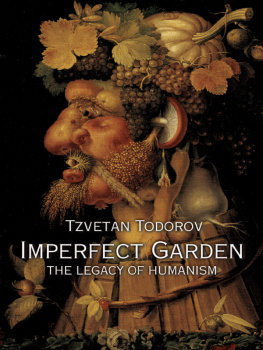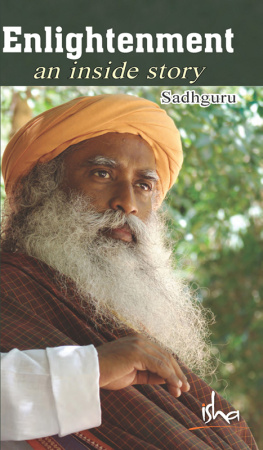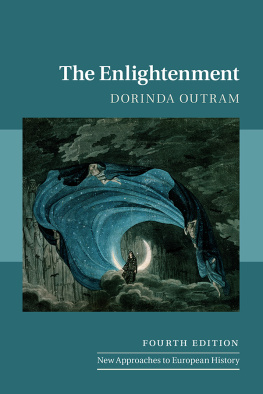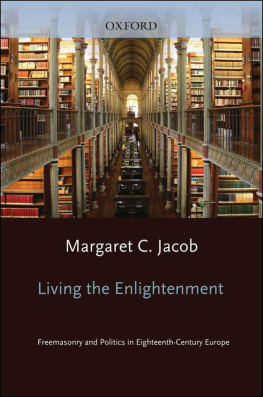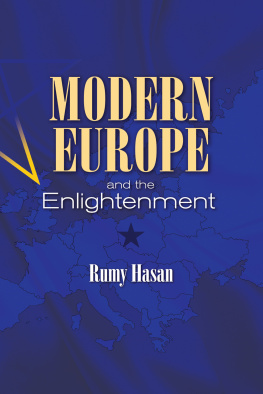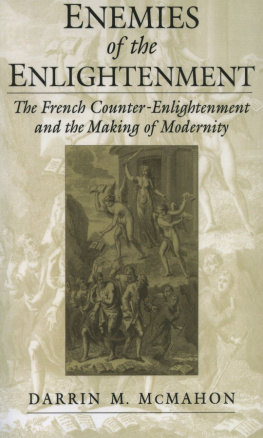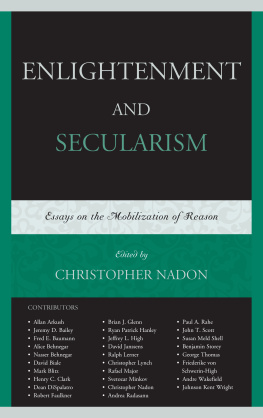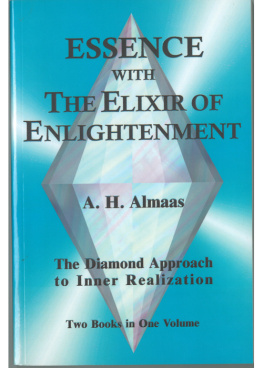Todorov - In Defence of the Enlightenment
Here you can read online Todorov - In Defence of the Enlightenment full text of the book (entire story) in english for free. Download pdf and epub, get meaning, cover and reviews about this ebook. City: London, year: 2010, publisher: Atlantic Books Ltd, genre: Religion. Description of the work, (preface) as well as reviews are available. Best literature library LitArk.com created for fans of good reading and offers a wide selection of genres:
Romance novel
Science fiction
Adventure
Detective
Science
History
Home and family
Prose
Art
Politics
Computer
Non-fiction
Religion
Business
Children
Humor
Choose a favorite category and find really read worthwhile books. Enjoy immersion in the world of imagination, feel the emotions of the characters or learn something new for yourself, make an fascinating discovery.

In Defence of the Enlightenment: summary, description and annotation
We offer to read an annotation, description, summary or preface (depends on what the author of the book "In Defence of the Enlightenment" wrote himself). If you haven't found the necessary information about the book — write in the comments, we will try to find it.
Todorov: author's other books
Who wrote In Defence of the Enlightenment? Find out the surname, the name of the author of the book and a list of all author's works by series.
In Defence of the Enlightenment — read online for free the complete book (whole text) full work
Below is the text of the book, divided by pages. System saving the place of the last page read, allows you to conveniently read the book "In Defence of the Enlightenment" online for free, without having to search again every time where you left off. Put a bookmark, and you can go to the page where you finished reading at any time.
Font size:
Interval:
Bookmark:
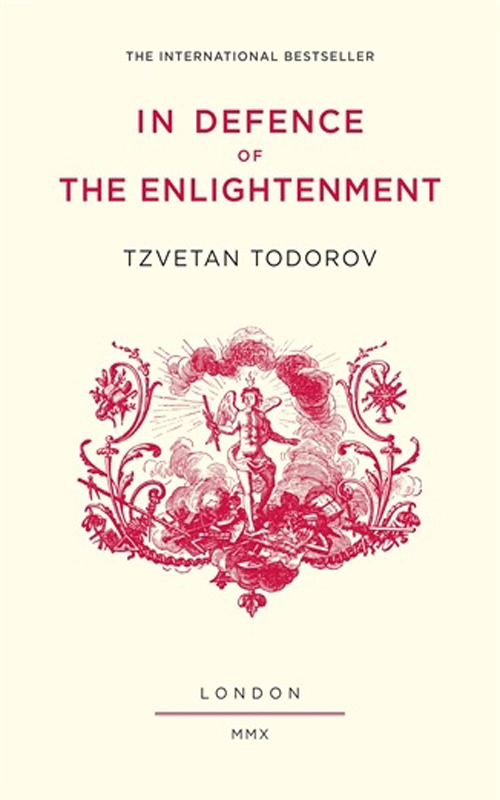
First published in France in 2006 by ditions Robert Laffont.
First published in English in hardback in Great Britain in 2009 by Atlantic Books, an imprint of Grove Atlantic Ltd.
This paperback edition published in Great Britain in 2010 by Atlantic Books, an imprint of Atlantic Books Ltd.
Copyright ditions Robert Laffont, 2006
Translation Copyright GilaWalker, 2009
Licence arranged by Susanna Lea Associates, Paris
The moral right of Tzvetan Todorov to be identified as the author of this work has been asserted by him in accordance with the Copyright, Designs and Patents Act of 1988.
The moral right of Gila Walker to be identified as the translator of this work has been asserted by her in accordance with the Copyright, Designs and Patents Act of 1988.
All rights reserved. No part of this publication may be reproduced, stored in a retrieval system, or transmitted in any form or by any means, electronic, mechanical, photocopying, recording, or otherwise, without the prior permission of both the copyright owner and the above publisher of this book.
Every effort has been made to trace or contact all copyright holders.The publishers will be pleased to make good any omissions or rectify any mistakes brought to their attention at the earliest opportunity.
First eBook Edition: January 2010
ISBN: 978-0-857-89138-9
Atlantic Books
An imprint of Atlantic Books Ltd
Ormond House
26-27 Boswell Street
London WCln 3jz
www.altantic-books.co.uk
Tzvetan Todorov is a Honorary Director of Research at the CNRS in Paris. Critic, philosopher and historian, he is the author of numerous books, including Facing the Extreme and Hope and Memory, which has been translated into eleven languages. He has also been a recipient of the international Principe de Asturias prize.
A FTER THE DEATH OF GOD AND THE COLLAPSE of utopias, on what intellectual and moral base do we want to build our communal life? If we are to conduct ourselves as responsible human beings, then we need a conceptual framework that underpins not only our statements that is easy but also our acts. Seeking just such a framework is what led me to a current of thought and sensibility that I will describe as the humanist dimension of the Enlightenment. The great upheaval that took place in the three-quarters of a century prior to 1789 is responsible more than anything else for our present-day identity. For the first time in history, human beings decided to take their destiny into their own hands and to set the welfare of humanity as the ultimate goal of their acts. This movement emanated from the whole of Europe, not just from one country alone, and it found expression in philosophy and in politics, in the sciences and in the arts, in novels and in autobiographies.
Clearly, a simple return to the past is neither possible nor desirable. The writers of the eighteenth century cannot resolve the problems that have arisen since and that are tearing apart our world every day. But a better understanding of this radical upheaval may help us live better today. And so I set out here to outline the key points of Enlightenment thought, without losing sight of our times, in a continual back-and-forth movement between past and present.

I T IS NOT EASY TO DEFINE EXACTLY WHAT THE Enlightenment project consisted in for two reasons. First, the Enlightenment was a period of culmination, recapitulation and synthesis, not one of radical innovation. The great ideas of the Enlightenment did not originate in the eighteenth century. Those that did not derive from Antiquity bear the traces of the High Middle Ages, the Renaissance and the classic era. The Enlightenment absorbed and articulated opinions that were in conflict until then, whence the need, as many historians have noted, to do away with certain commonplace images of it. The Enlightenment was at once rationalist and empiricist, heir to Descartes and to Locke, receptive to the Ancients and to the Moderns, to the universalists and to the particularists, enamoured with history and eternity, details and abstractions, nature and art, freedom and equality. The ingredients were ancient but their combination was new. During the Age of Enlightenment, not only were these ingredients brought together to form a whole but, more essentially still, they were taken out of books and applied to the real world.
The second difficulty resides in the fact that Enlightenment thinking was formulated by a great many individuals who, far from agreeing with one another, were constantly engaged in bitter discussions, from one country to another and within each country. The time that has elapsed since has allowed us to put things in perspective but only to a certain point: some of those disagreements gave rise to schools of thought that are still in conflict today. The Enlightenment was an era of debate rather than consensus. Yet although the multiplicity of thought was considerable, we can recognize without too much difficulty what can be called an Enlightenment project.
Three ideas are found at the basis of this project, which produce countless consequences of their own: autonomy; the human end purpose of our acts; and universality. What is to be understood by these ideas?
The first constitutive characteristic of Enlightenment thinking consists in giving priority to what individuals decide for themselves over what is imposed upon them by an external authority. This preference comprises two facets, one critical, the other constructive: it is necessary, on the one hand, to be free from external authorities and, on the other, to be guided by laws, norms and rules decided by the very people to whom they are addressed. Emancipation and autonomy are the words that designate these two equally indispensable phases of a single process. To engage in it, one must have total freedom to examine, question, criticize and challenge dogmas and institutions: none can be regarded as sacred. An indirect but decisive consequence of this preference is the restriction as to the character of authority: it must be on the same dimension as human beings, meaning it must be natural not super-natural. This is the sense in which the Enlightenment produced a disenchanted world, obeying the same physical laws overall and, insofar as human societies were concerned, revealing the same mechanisms of behaviour.
Before the Enlightenment human beings lived, most of the time, under an authority that was religious in nature. Its origin was therefore both anterior to society (we speak, in this case, of heteronomy) and supernatural. Indeed, religion was the greatest target of Enlightenment criticism, the aim of which was to allow human beings to control their own destiny. However, this criticism was selectively directed. What was rejected was the submission of society and individuals to precepts whose sole legitimacy came from the fact that a tradition attributed them to gods or to ancestors; the lives of human beings were to be guided henceforth by a project for the future, not by an authority from the past. Nothing was said, on the other hand, about the religious experience per se, or about the idea of transcendence, or about any of the various moral doctrines propounded by particular religions. The criticism was aimed at the structure of society, not the content of beliefs. Religion was withdrawn from the realm of the state but not from the lives of individuals. The majority of Enlightenment thinkers identified not so much with atheism as with natural religion or deism, or one of the many variations thereof. When they undertook to observe and describe the beliefs of people around the world, they did so with the intent not of challenging religion but of fostering an attitude of tolerance and defending freedom of conscience.
Font size:
Interval:
Bookmark:
Similar books «In Defence of the Enlightenment»
Look at similar books to In Defence of the Enlightenment. We have selected literature similar in name and meaning in the hope of providing readers with more options to find new, interesting, not yet read works.
Discussion, reviews of the book In Defence of the Enlightenment and just readers' own opinions. Leave your comments, write what you think about the work, its meaning or the main characters. Specify what exactly you liked and what you didn't like, and why you think so.

